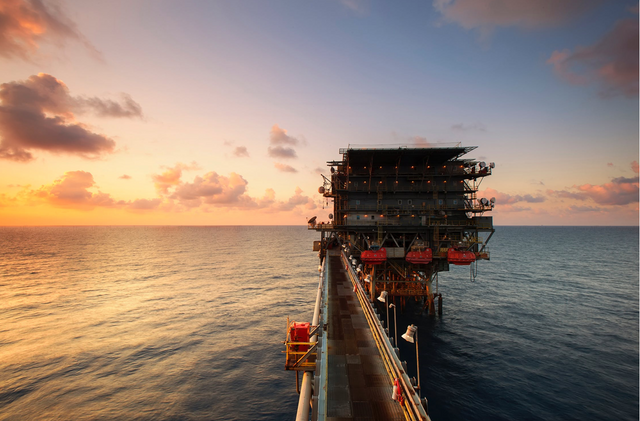
Experience with oil in Nigeria:
Nigeria has been hit by resource curse, it has caused major conflicts between the population and the state. It is mainly Shell and Chevron who have been responsible for oil production in Nigeria, of which Shell has been the largest producer in Nigeria. It is especially the local community in the Niger Delta that has suffered during the production of oil. Nigeria has probably had the economic target of growth as they left the Western oil companies in 1960 for oil in the Niger Delta, but the money the oil should have been distributed in very few hands. Peter Maas says that Nigeria has earned over 400 billion. dollars on oil over the last decades, but that out of ten Nigerians live fewer than 2 dollars a day, and according to the CIA world factbook, 70% of the population lives below the poverty line. In a '' Crude World '' by Peter Maas, he also describes how Shell in the 1960s, when they found oil in the subsoil, went round and showed the Nigerian villages what riches the oil in their subsoil could cause. All of this resulted in Shell having the rights to produce the bulk of the oil. The great inequality in society can also be seen through the consumption of different groups of the population, the 10% richest in 2010 for 38.2% of the consumption for the 10% poorest accounted for only 1.8% of the total use. Nigeria's gini coefficient is at 43, which again is evidence of the great inequality in Nigeria. Nigeria's GDP growth is also increasing, but GDP itself is rising a lot more than GDP, one per inhabitant, and it shows that inequality continues to grow.

Nigeria's economic situation:
Nigeria's current economic situation is that it has a total GDP of $ 1,166 trillion (PPP GDP), which is the thieves largest in the world, but their population is the seventh largest in the world, which means that their GDP per capita is 6,351 dollars and it gives them a ranking of No. 124 in the world. Nigeria's economic situation is highly dependent on oil prices, as oil revenues account for 40% of the country's GDP and 80% of state income comes from oil revenues. Another economic goal that was expected to be fulfilled by the oil industry was employment, in 2011 Nigeria's unemployment rate was 23.9%, which is 177 out of 208. A problem that Peter Maas also mentions In '' A raw world '' is that the oil industry is not so labor intensive. Compared to some of the economic guidelines that the EU has for its member states, Nigeria can meet the requirement of maximum government budget deficit 3% of GDP in Nigeria is the deficit of -2.4%. Public gross debt must not exceed 60% of GDP for EU member states, but Nigeria's government gross debt is 13.2% of GDP. Compared to inflation, the EU's inflation rate of up to 2%, Nigeria's inflation in 2016, is 15.3%, so Nigeria can not live up to the economic criteria the EU has set for its member states. Nigeria has also had a current account deficit on the current account balance. Profit on these items is also an economic target Nigeria does not meet right now, however, they have had several years since 2006 with profits.

Oil theft:
Nigeria has also been bothered by local militias fighting the government and oil companies. The formation of the militias came upon the backdrop of the oppression of the government in the context of various peaceful rebel against oil production in the 1960s. In '' A raw world '', Peter Maas meets on his journey in Nigeria a head of a militia fighting oil companies. The militia live by kidnapping western workers, which has led to the Nigerian defense protecting the oil refineries and olives from the militias. The oil companies have also been bothered by the fact that the militia and other parts of the population steal the oil that runs in the pipelines that connect the oil wells with the refineries. It is estimated that the government loses 400,000 barrels of oil a day out of the 2.25 million barrels they produce. In total, it means they have lost 8 billion dollars in oil income in 2013, due to the oil traditions. It's hard for the authorities and Shell to prevent thefts because Shell has more than 6000 km of pipelines around the Niger Delta.
Thank you for reading